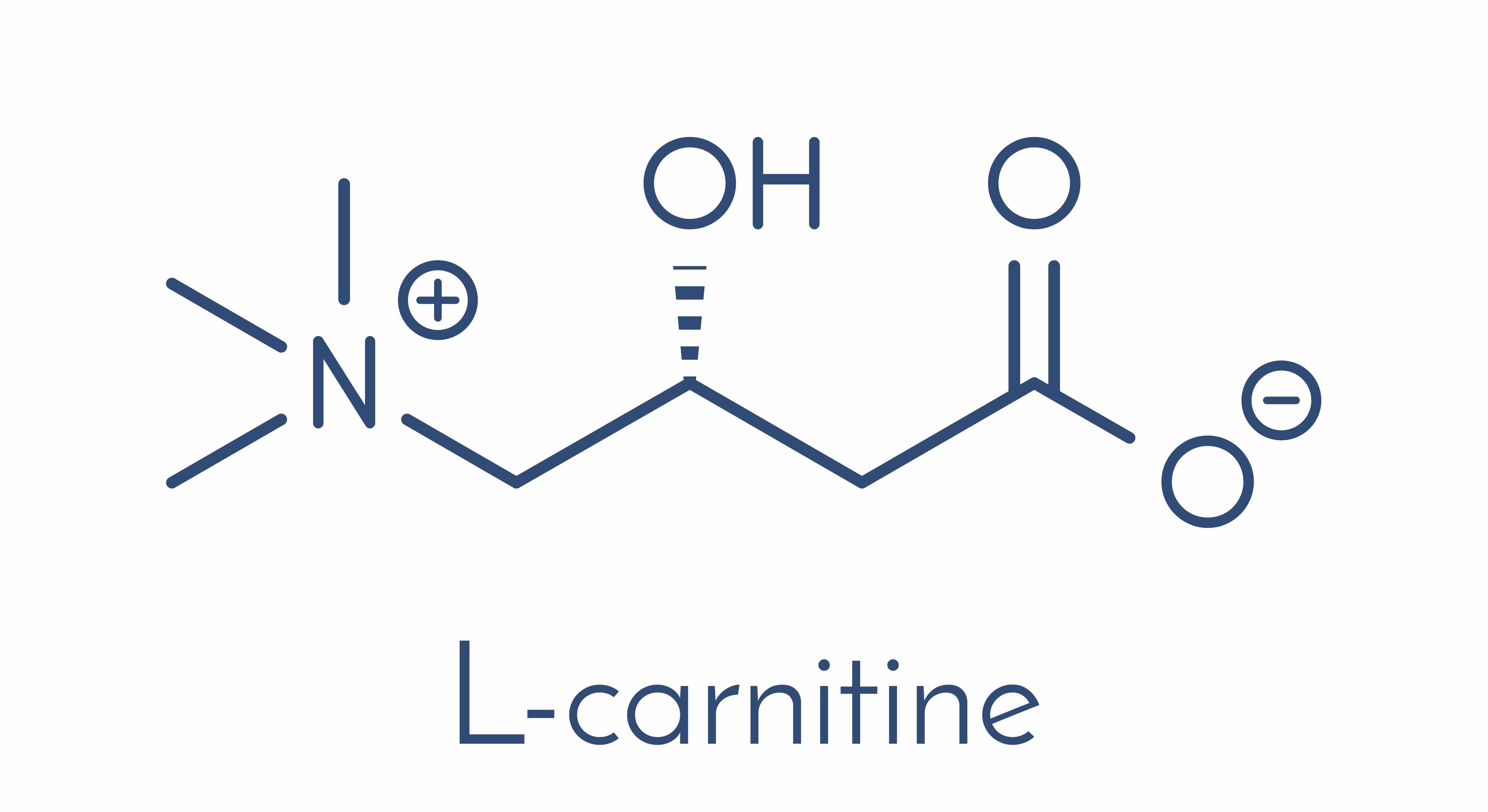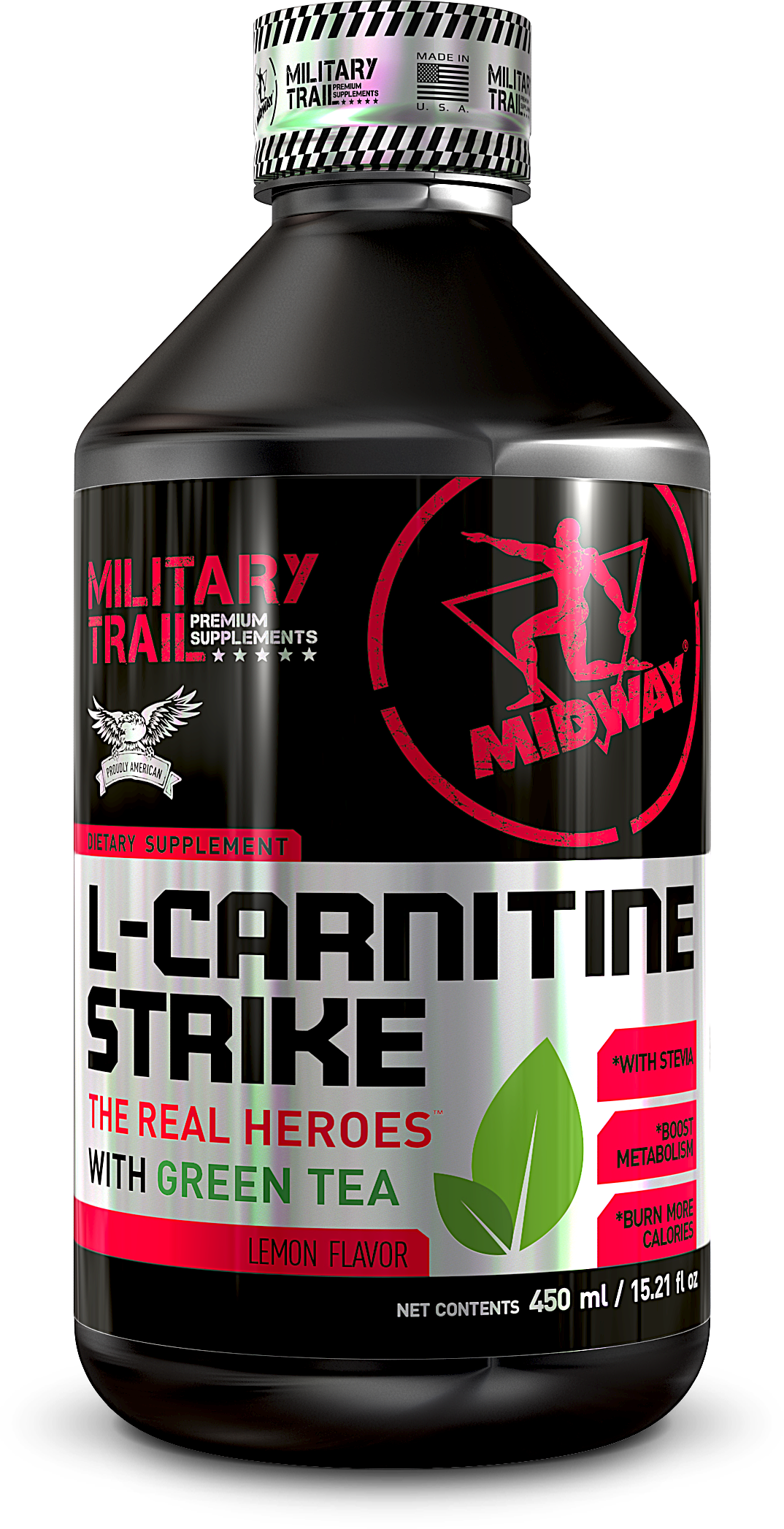CARNITINE: THE SCIENCE BEHIND A CONDITIONALLY ESSENTIAL NUTRIENT

CARNITINE: THE SCIENCE BEHIND A CONDITIONALLY ESSENTIAL NUTRIENT
Some years ago, the National Institute of Child Health and Human Development. The National Center for Complementary and Alternative Medicine, the National Institute of Mental Health, and the Office of Dietary Supplements. Sponsored a conference held at the Lister Hill Auditorium in Bethesda, Maryland about a special nutrient:
Carnitine
The overall conference goals were to:
1) Provide the scientific and lay communities with the most updated, evidence-based information regarding the role of carnitine in health and disease prevention.
2) Clarify issues relevant to appropriate uses of carnitine.
3) Propose new areas of research for future studies on this nutrient.
The name carnitine is derived from the Latin “carnus” or flesh, as the compound was first isolated from meat. Carnitine is termed a conditionally essential nutrient. As under certain conditions its requirements may exceed the individual’s capacity to synthesize it. Carnitine mediates the transport of medium/long-chain fatty acids across mitochondrial membranes. Facilitating their oxidation (burn) with subsequent energy production. In addition, it facilitates the transport of intermediate toxic compounds out of the mitochondria preventing their accumulation.
One of the most interesting point that was discussed in the conference. Was the use of carnitine as a nutritional supplement to enhance sports performance. Carnitine has important roles in skeletal muscle bioenergetics. Decreased concentrations of carnitine in skeletal muscle results in impairment of muscle function. This effect has led to the belief that carnitine supplementation can improve skeletal muscle function and athletic performance in healthy individuals. Many health benefits have been attributed to the administration of carnitine. Both as a drug in the treatment of primary and secondary carnitine deficiency syndromes. Also as a dietary supplement to aid weight loss, improve exercise performance, and enhance a sense of well-being.
Post Workout Supplementation - What Really Works!








